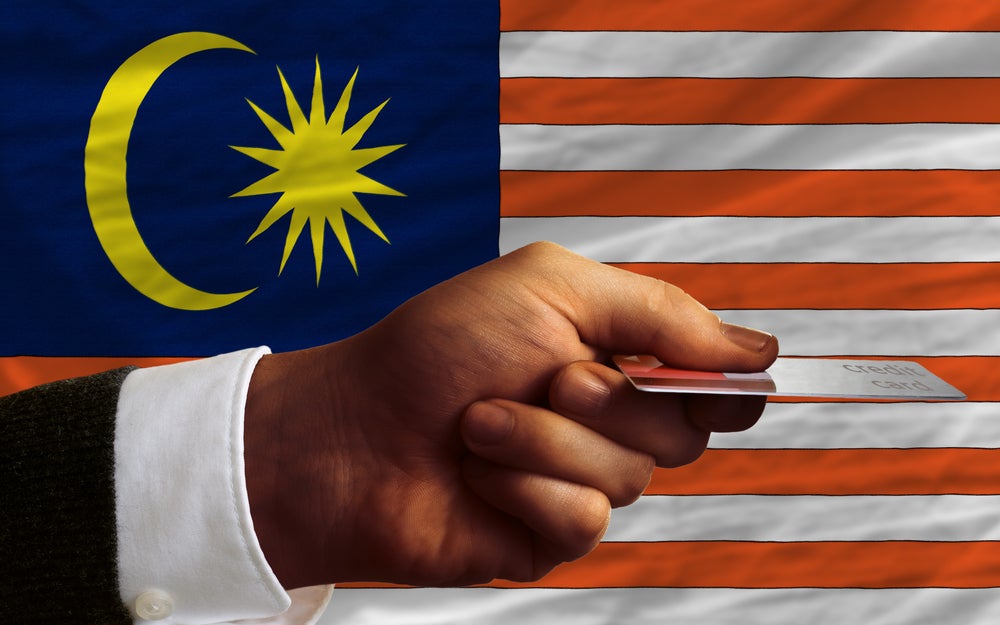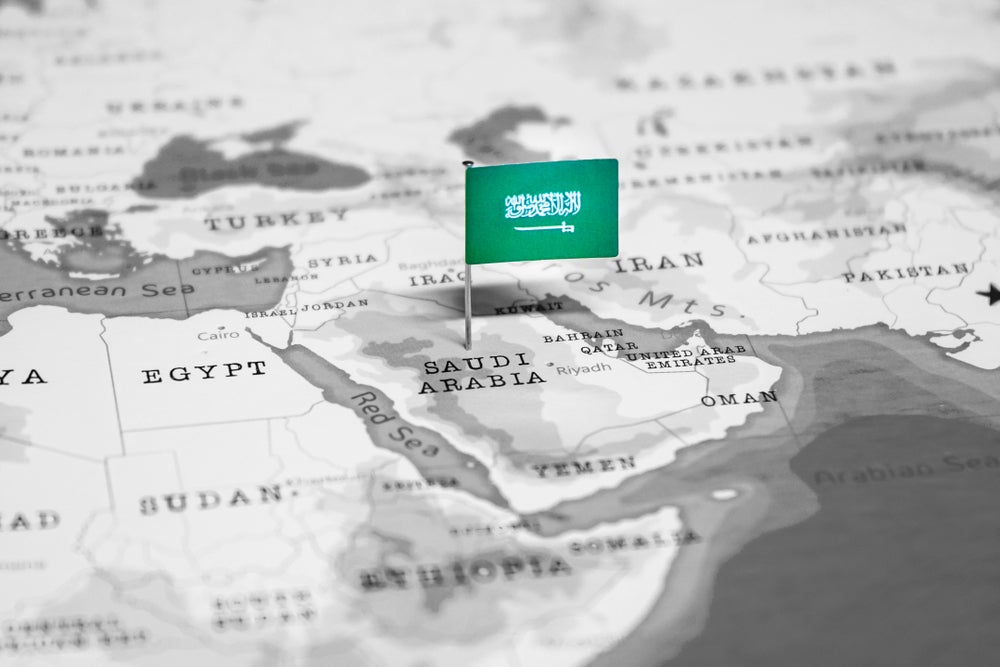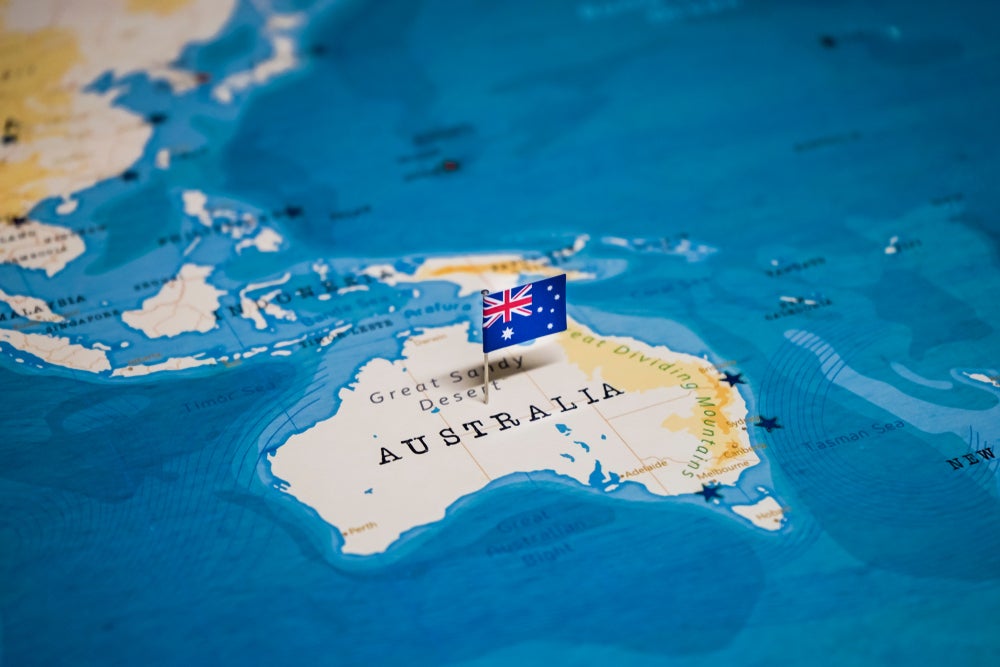The chairman of the Federation Council Committee on Budget and Financial Markets, Sergey Riabukhin, announced Russia is opting for a national payment system. Even in times of uncertainty and political tension, Russia is determined to accelerate the process, but the prospects do not look too bright. Valentina Romeo investigates.
The decision of Russia to establish a national card payment processing system has alarmed the public opinion and raised concerns about the security of the country’s financial system.
The ongoing geopolitical turmoil, coupled with the continued financial bans coming from EU and US authorities turned out to be a convenient setting to embark on such a project.
Russia is indeed ready and planning ahead to establish the new payment system as soon as summer 2014.
The national payment system (NPS) would be developed through extending an existing payment system, with Sberbank’s alternative ‘PRO100’ being considered, to reduce the dependence of the Russian market on foreign players.

How well do you really know your competitors?
Access the most comprehensive Company Profiles on the market, powered by GlobalData. Save hours of research. Gain competitive edge.

Thank you!
Your download email will arrive shortly
Not ready to buy yet? Download a free sample
We are confident about the unique quality of our Company Profiles. However, we want you to make the most beneficial decision for your business, so we offer a free sample that you can download by submitting the below form
By GlobalDataPRO100, which reads ‘prosto’, means "simple" in English. In fact, as the head of VTB bank, Andrey Kostin, said, Russia needs a "simple minimum" payment system, without any personalised features.
Though Sberbank, Russia’s largest savings bank hasn’t been sanctioned, in March this year four other Russian banks, including InvestKapitalBank and SMP Bank, couldn’t process Visa and MasterCard’s operations.
However, only after a few days from the credit cards block, the two giant players resumed processing payment transactions at both banks without justifying their reversing move.
From a global perspective, it is clear that the Visa/MasterCard block has shown how the Russian market remains the monopoly of international operators.
"It is likely that Russia will proceed with the idea of creating a national payment system. Adding a strong competitor to international and domestic players that are already present in the Russian market should in principle be beneficial for customers as it encourages competition," Natalia Yalovskaya, associate director, Financial Institutions Ratings, Standard&Poor (S&P) tells CI.
However, Yalovskaya says there are few important points to keep in mind. "First," she says, "It is unrealistic to believe that a reliable payment system that provides country-wide coverage ensures efficiency of usage as well as sufficient security and protection of users’ and transactions’ data could be created within few months."
She continues: "Certain important decisions are to be made prior to developing the system. Such as whether the system will be jointly operated by commercial banks or will be centralised and controlled by a central bank, for example. Agreement should be reached between a sufficient number of banks that would provide country-wide coverage; infrastructure should be put on place to enable customers to use the cards for payment, etc. All this requires substantial investment, time and effort."
Globally, there are a number of payment systems and switches, of which the vast majority have been in operation since the 1970s or are the result of the evolution of the earlier card payment infrastructures set up at that time. Since then, very few new domestic schemes have been established and gone on to be considered successful.
"In this scenario it is interesting to remember how the EU has also tried to implement payment systems to rival MasterCard and Visa, namely, PayFair and the Euro Alliance of Payment Schemes, which did not take off greatly at the time," recalls Ouliana Vlasova, head of content, WealthInsight.
However, only recently has there been a resurgence of interest in establishing domestic debit schemes and switches, especially in emerging markets.
"In the last few years we have seen a mushrooming of national schemes attempts in a number of emerging economies, often driven by nationalistic drivers that have so far struggled to deliver on ambitions, " comments Francesco Burelli, partner at Value Partners.
In the meantime, while the Russian NPS ideas remain at a draft stage, most financial players have expressed intentions to deepen cooperation with Asian partners, as China and Japan already run such payment systems of their own. UnionPay and JCB, for example, are already cooperating with Russia’s largest commercial bank Alfa, with further plans of card emissions.
In addition, bankers in Russia agree the ambitious national project will be a long-term economic endeavour.
Vlasova says: "As Russia is not part of the EU it does not have to comply with SEPA, which inevitably lead to national payment schemes to be co-branded with international brands throughout Europe.
"However, in a global economy national payment systems will still need to forge partnerships with outside firms (Visa/MasterCard) for processing foreign transactions. So it seems a difficult task to fulfil."
According to the Central Bank of Russia (CBR), the volume of transactions committed by holders of bank cards issued by domestic banks from January to October 2013 amounted to 7.1tn rubles. Of this amount, according to expert estimates, about 85-90% of transactions accounted for Visa and MasterCard.
Recently, ratings agencies S&P and Fitch warned that they were changing their outlook for the Russian economy to "negative" from "stable" because of the potential impact of sanctions.
In their Research Update, S&P says: "We expect that the EU and US will impose further sanctions. In our view, the deteriorating geopolitical situation has already had a negative impact on Russia’s economy."
Freezing out cardholders’ payments in Russia has been just one of the Western sanctions taken against Russia over the ongoing situation in Ukraine, as in the financial services industry.
Reviving plans
Visa and MasterCard’s payments block on several Russian lenders, has revived talks in Russia about an already long-planned national banking payments system.
Russia has floated the idea of developing such a system for years although few steps have been taken.
The first attempt to create a domestic payment system was undertaken in 1993 by the CBR, but turned out to be unsuccessful. After that, there have been other few attempts to create such a system in Russia, ending in the creation of several private payment companies.
Later on, in 2005, CBR announced that a national payment system will be established on the basis of the Savings Bank "Sbercards", which in 2008 was renamed the Joint Russian payment system (ARTTS). The bank, however, dropped the project of Sbercards.
And then we arrive in 2010. Between 2010 and 2011, Sberbank deployed its own payment system, named PRO100, as part of Russia’s ambitious Universal Electronic Card (UEC) program. PRO100 is based on international banking standards and can be deployed on the existing infrastructure, but all payments made through it are processed through centres located in Russia.
Moreover, the UEC with the PRO100 payment system was supposed to become close to the most important, simple, and therefore most common document for Russian citizens. The universal payment card was designed to combine identification and billing functions. The UECs were also supposed to offer Russians a handy tool for paying taxes, requesting government services, paying transportation fares, etc.
However, so far, the UEC program has failed to reach its originally planned scope.
The sweeping introduction of the card was considered "too burdensome" for regional coffers to afford.
Also, Russians were unwilling to keep so much personal information on one carrier. It also turned out that getting a UEC was not an easy task. Apparently, the problem was that the process to obtain a UEC took several months, whereas getting a Visa card takes only two weeks.
Others note that, universal or not, the UEC project will be short-lived because special plastic cards are expected to start replacing paper IDs on 1 January 2015, and these new cards will incorporate many of the functions of the UEC.
But Sberbank seems to be confident that the system will be successful in the short term.
Sberbank tells CI: "The payment system UEC PRO 100 is technologically ready to provide national processing in the near future, we estimate it will take a couple of months. Set of rules, tariffs and software is already working in Russian Federation. Key Russian banks, accounting for more than 50% of the market, are already linked to PRO100."
Feasibility
Many commentators argue about the actual sustainability of the project. Only time will tell whether creating a national payment is the right move to avoid further financial conflicts.
Burelli says: "Given the appropriate determination, the availability of the required investment and the willingness to persist in case of set-backs, availability of time for trials and errors and to replicate what is already available elsewhere, nearly everything is feasible.
"This does not imply that the creation of a new payment scheme would provide a sustainable business case or it would make sense in business terms but these factors may not be relevant at all in a context whose rational is based on politics."
In countries such as Japan and China national payment systems are established schemes as also President Putin remarked. Russia seems to be intent to follow the example of the China’s UnionPay, which, at the moment, is third largest payment system globally after Visa with 60.5% and Mastercard with 26.9%.
However, the conditions and criteria when such a system was launched were different compared to Russia’s. In 2002, when UnionPay was created, China was seeing its population increasingly travelling abroad and such a system would have created a solid base to compete with other systems internationally. Needless to say, China has a population of over 1.3bn which would clearly benefit from the use of a domestic system.
Burelli continues: "Schemes like those of China and Japan, like few others have been developed years ago while the respective local industries were at a much earlier stage of development and there were no other alternatives available."
Another important issue to consider with regards to creating an NPS is related to Russian Rouble as a payment currency. In order for cards issued by the NPS to be accepted abroad, the mechanism of converting Rouble into other currencies should be set.
"Given some restrictions on convertibility of Russian Rouble, it’s not an easy task to resolve. Unless this is resolved, the NPS will be limited to within country operations only, which is a significant disadvantage for customers," S&P’s Yalovskaya says.
Bank Rossiya, one of the banks experiencing the credit card block and actively promoting NPS, said it would notify US banks that it is closing dollar deposit accounts and would operate exclusively with Roubles to protect its clients from "dishonest" actions of foreign financial institutions.
In a statement on their website the bank declares: "Bank Rossiya will take part in the development and implementation of the national payment system and its activities will be focused exclusively by national rating agencies."
Challenges for the switch
Creating or consolidating a domestic debit switch is an extremely difficult and complex challenge. First of all, there are high set-up costs and high implementation risks, as well as high on-going investment to secure maintenance (e.g. fraud prevention) and upgrades (e.g. new standards, technologies, etc.) leading to delays and high management costs.
Burelli comments: "Setting up a new scheme will not be an easy task and the banks, or the tax payer, ultimately will end up sustaining the cost of developing, transitioning and maintaining such a system. It is not a matter of costs that will not be insignificant given that similar initiatives have been absorbing investments in the range of 500m-1bn, but also of disservices and malfunctions."
A unique national system, which creates a monopoly, would deny a competitive advantage to large banks having to settle with small banks, a process that will slow down the scheme’s development for lack of resources.
Moreover, establishing a card payment switch is not sufficient in itself. It is to be noted that the vast majority of domestic payment schemes also lack comprehensive consumer protection.
"Establishing a new payment scheme from scratch is a difficult decision with a very questionable business cases within the context of a mature industry that is already undergone a significant wave of consolidation. Leaving aside the rationale behind such decision, the cost for developing and maintaining a payment scheme are huge and overall it is highly likely that these costs will ultimately hit the financial services industry or the consumers," Burelli concludes.
Globally, with very few exceptions, it would not make sense for any country to establish a new payment switch on the basis of any economic considerations.
Whatever happens, Russia is not intending to stop the relationship with Visa and Mastercard yet. Also, it is too early to say if these limited US sanctions will definitely bolster the creation of a national payment system.







